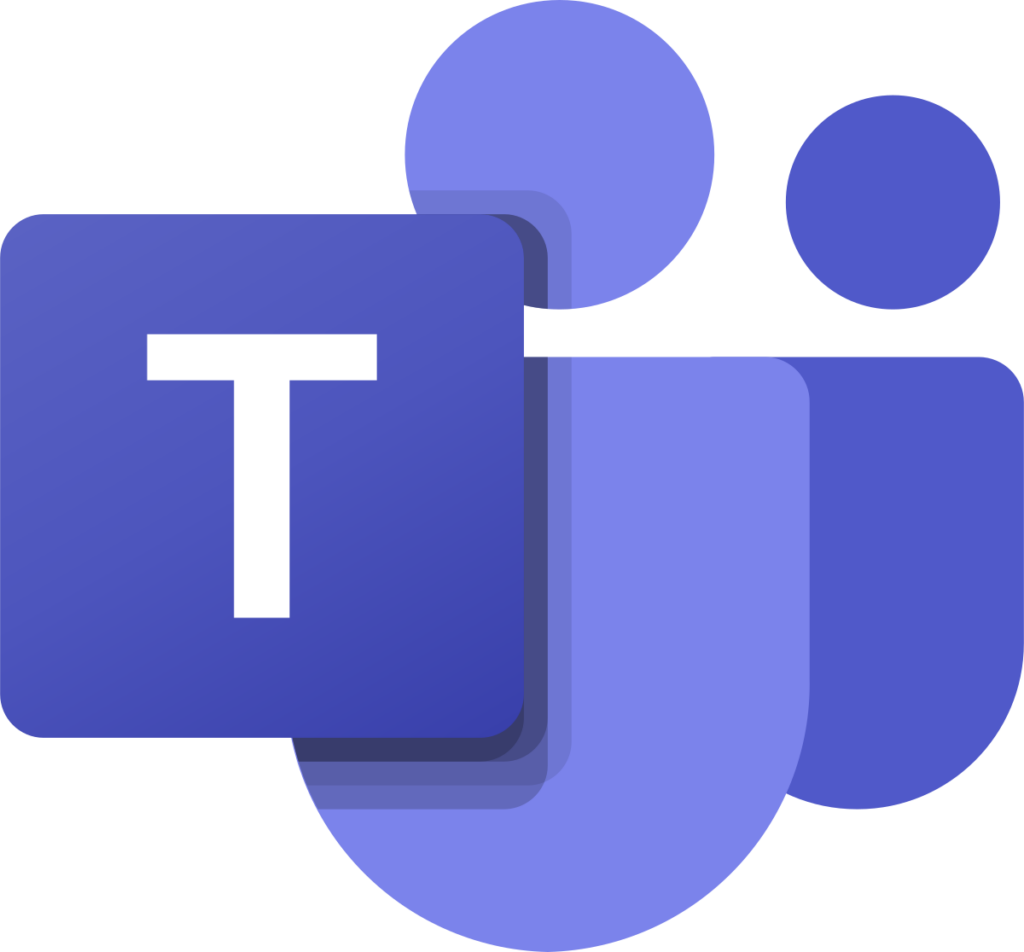
Last night I went to the Midlands Microsoft 365 and Azure User Group. It was co-organised by Urfaan Azhar and Lee Thatcher from Pure Technology Group, and Adrian Newton from my company.
This event clashed with the Cloud Native Computing Foundation meetup. If the clash continues I’ll probably have to alternate between the events.
First up was Penny Coventry with “Power Automate AKA Flow Introduction”. The session started with an overview of various “Power” products, before focusing on some of the Power Automate features. This included a demo of building an automation flow. I’ve seen Amy Simpson-Grange demonstrating UIPath and one of my colleagues Paul demonstrating LeapWorks, and as you would expect, there are a lot of similarities between these automation tools. I don’t know if I’ll get to do any of this, but I do find it interesting. I’ll probably wait for my colleague Natalie to learn it, then bug her to explain stuff to me, so I can act like I know what I’m doing. 🙂
After far too much pizza and a doughnut (diet starts tomorrow) it was time for Tom Gough with “Azure Machine Learning with Power BI”. The session started with an overview of some of the Artificial Intelligence (AI) and Machine Learning (ML) services on Azure. The mention of data preparation and data cleansing was quite interesting, as people don’t really say a lot about this. You could be forgiven for thinking this piece just magically happens. There was a demo of using Power BI desktop to prepare some data containing user comments, connect to Cognitive Services and pull out some key phrases from the data, and presenting it in some custom visualisations. One of my colleagues has used this to do sentiment analysis on responses to a chat bot running in the Azure Bot Service. Pretty interesting stuff, and he tells me it’s very easy to get some basic examples working.
It seems every event comes with some more signs that this stuff is gradually creeping into our company. I’m not sure if I will be part of this world, but it’s certainly interesting to see.
Thanks to everyone who turned up to support the event, the speakers, and the sponsor Pure Technology Group. See you at the next event.
Cheers
Tim…
PS. Apologies to Richard Harrison, who had to endure me asking questions for ages, while he froze to death. Bring some masking tape or a restraining order the next time you come. 🙂

 The title of this post is taken from tweet I saw a few weeks ago and it keeps coming back to haunt me, so I thought I would comment on it.
The title of this post is taken from tweet I saw a few weeks ago and it keeps coming back to haunt me, so I thought I would comment on it.